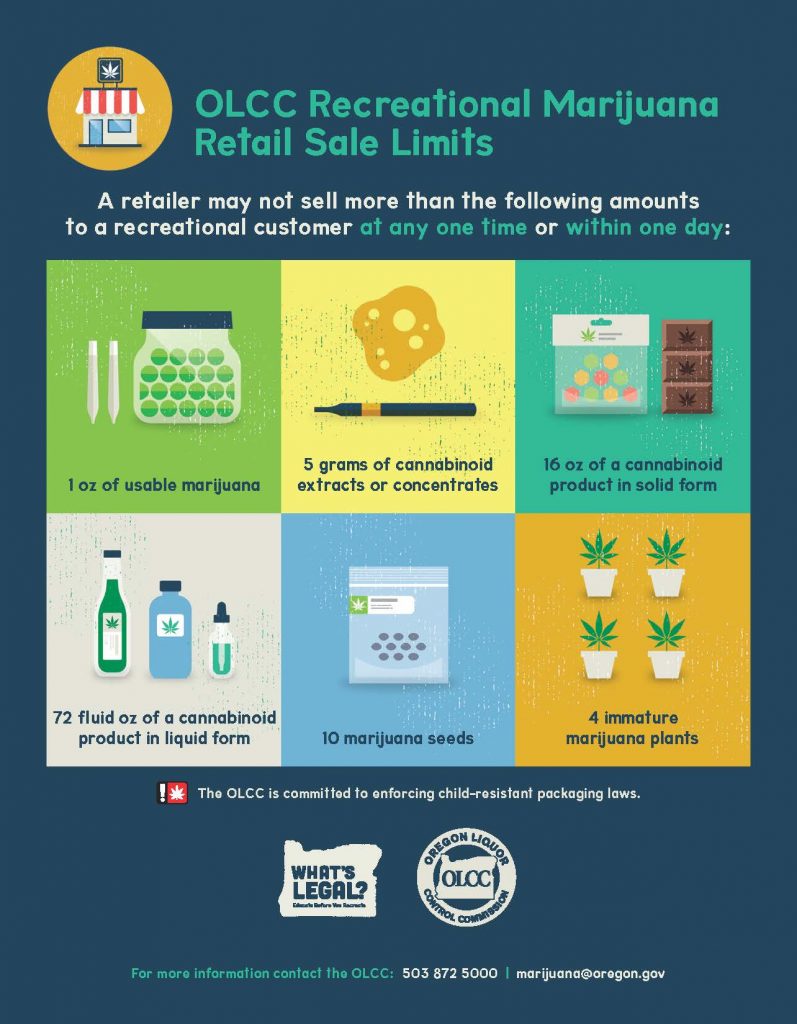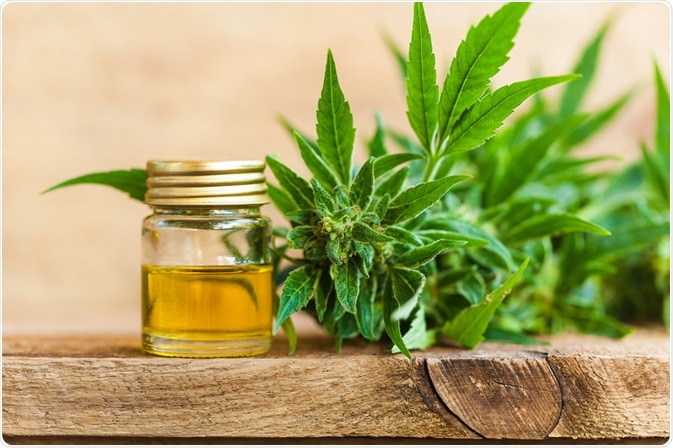
Cannabidiol is an antioxidant with a wide array of benefits for your skin. It reduces irritation, redness, inflammation, combats acne and soothes psoriasis. It also slows down the effects of aging. Additionally, it protects skin from damage caused by free radicals. It moisturizes and nourishes the skin as well as relieving stress.
Cannabidiol
North America dominates the global market for cannabidiol-based skin care products. This includes Canada and the United States. The market is also available in Europe, notably the Netherlands and Switzerland. The market for cannabidiol-based skin care is growing in Asia-Pacific. This market is expected to grow profitably over the 2022-2029 forecast period.

CBD oil
CBD oil is excellent for skin care products, as it has both anti-inflammatory effects and antioxidants. CBD oil has been proven to treat a wide range of skin conditions, including acne or psoriasis. It's also non-toxic and safe to use on sensitive skin. It is safe for sensitive skin and has no known side effects.
CBD-infused products
The two main goals of the skincare industry are to reduce wrinkles and treat acne. Both of these issues are caused inflammation. CBD might be able to reduce inflammation in the sebocytes which produce oil or sebum. While few conclusive studies have been conducted on CBD, there are promising signs that it could reduce swelling, redness, and pain associated with acne.
CBD oil-infused products
CBD oil has a wide range of applications in skin care products. It works as an anti-wrinkle ingredient, and helps to reduce the appearance fine lines and wrinkles. There are many CBD-infused body serums and lotions on the marketplace.

Products with hemp oil
Hemp oil can be used as a natural moisturizer and has many health benefits. Hemp oil is rich in antioxidants and has anti-inflammatory properties that are great for skin. This can prevent the appearance fine lines and wrinkles. It is common to use the oil in products for the body and face, such as creams or serums.
FAQ
What are the best CBD brands?
These top CBD brands have been hand-picked by us based on their quality, reliability, value, and other criteria.
They sell high-quality CBD oil products with less than 0.2% THC.
We also recommend checking out our list of the best CBD sellers worldwide.
Which countries produce CBD with the highest quality?
The United States produces most CBD products.
However, CBD products can also be made in Canada, Australia, New Zealand and Israel.
Is there any evidence that CBD helps with anxiety?
CBD oil has the ability to alleviate anxiety by interfacing with certain receptors within the brain, CB1 and CB2. The mood and stress responses are controlled by the endocannabinoid system.
CB1 receptor activation occurs when our bodies feel anxious. When activated, the receptor sends signals back to the amygdala that is responsible for emotional processing.
When the CB1 receptor blockage occurs, the amygdala is unable to receive the signal necessary for processing emotions. As a result, people who take CBD experience fewer negative feelings.
2017 study found that CBD helps reduce anxiety in social phobia patients. Another study showed that CBD reduces symptoms of PTSD.
A 2018 review concluded that CBD has anxiolytic properties and could help treat generalized anxiety disorder.
Another study found that CBD could also be used to treat panic attacks.
However, several studies have shown that CBD actually increases anxiety levels in mice.
Researchers believe this discrepancy in animal data and human data could be due to differences between humans and dogs' responses to CBD.
CBD has not undergone any safety studies. Most experts agree that CBD can be safely used when it is directed.
Is CBD's market saturated?
The CBD industry is experiencing a growth rate of over 25% annually. This growth rate is expected to continue at least for five more years. The industry is expected to grow from $2Billion today to $5Billion by 2020.
Two companies are currently dominating the CBD market - GW Pharmaceuticals & Canndoc Ltd. Both companies are focused in developing pharmaceutical-grade products. They have not been very effective so far. Both are struggling in the marketplace to gain traction.
Cannabidiol (CBD), an extract from cannabis, contains less than 0.3% THC. It does not produce any psychoactive effects. It is used as a treatment for epilepsy and other medical conditions. It is also used frequently as a dietary addition.
There are many different types of CBD products available. Some CBD products can be made with whole plant extracts and others, such as CBD.
These products all have one thing in common: they contain low amounts of THC.
This makes them legal under US federal law. This doesn't mean you shouldn't follow local laws when selling CBD-related products. Check with your state regarding the sale of CBD products.
There are also several states that CBD products are prohibited. These states include California, Colorado and Mississippi, Missouri. New York, North Carolina. Ohio. Oklahoma. Oregon. Rhode Island. South Dakota. Texas. Utah. Virginia. Washington.
If you live in one of these states, then you will probably want to avoid making CBD products.
How can CBD products be successfully promoted by companies in a regulatory-compliant way?
The FDA does NOT regulate hemp as an agriculture commodity. The Controlled Substances Act regulates all cannabis derivatives, including marijuana. There are currently no regulations regarding CBD.
CBD is legal at state level in 29 US states. Federal law considers it illegal. Businesses looking to sell CBD products are left in uncertainty.
The FDA also maintains strict guidelines on how CBD products may be marketed. For example, they must clearly disclose any product's THC content. Without scientific evidence supporting this claim, CBD cannot be used to treat certain medical conditions.
In addition, the FDA requires manufacturers to submit detailed information regarding manufacturing practices and quality control measures. They require companies to carry out clinical trials to prove safety or efficacy.
These are important considerations for companies when creating their marketing strategies.
Statistics
- OralWhere HED is the human equivalent dose, and Km is a correction factor estimated by dividing the average body mass (BM) of the species (60, 0.020, and 0.150 kg for 11 humans, mice, and rats, respectively) and by its surface area (see: Nair et al. (ncbi.nlm.nih.gov)
- A recent systematic review of human trials also reported that individuals with epilepsy receiving CBD (5–20 mg·kg−1·day−1) were more likely to experience decreased appetite than those receiving placebo (i.e., ~20 vs. 5% of patients) (ncbi.nlm.nih.gov)
- The use of these products is likely to become even more widespread if the World Health Organization's recommendation that CBD no longer is scheduled in the international drug control conventions is adopted by the United Nations member states [201]. (ncbi.nlm.nih.gov)
- HR −16 mmHg; 95% CI −26, −6; I2 = 92%) (ncbi.nlm.nih.gov)
- As a substance that was federally illegal before the passage of the 2018 Farm Bill, hemp-derived cannabinoids with no more than 0.3% THC still face a regulatory grey area. (forbes.com)
External Links
How To
How to get certified for selling CBD products
CBD (cannabidiol), is one of hundreds of cannabinoids in cannabis plants. It has been used medicinally for centuries, even in South American countries like India, China, and China. Its ability to treat anxiety, pain and epilepsy has led to it becoming increasingly popular in recent years. If you're looking to sell CBD products, however, there isn't an official certification program. At least not in the U.S.
There are two ways to go about this. One way to do this is to join the local association of cannabis-business owners. This allows you to network with other owners and get advice and support. There are many associations in the country. Another option is to go online. Many states allow canna businesses to operate online. If you have the permission, you can start accepting orders and set up your website. You must register with the Department of Public Health in your state. Once you have registered, it will be possible to apply for your license through the state's department public health. After you have received your license, your store is officially open and you can begin taking orders.